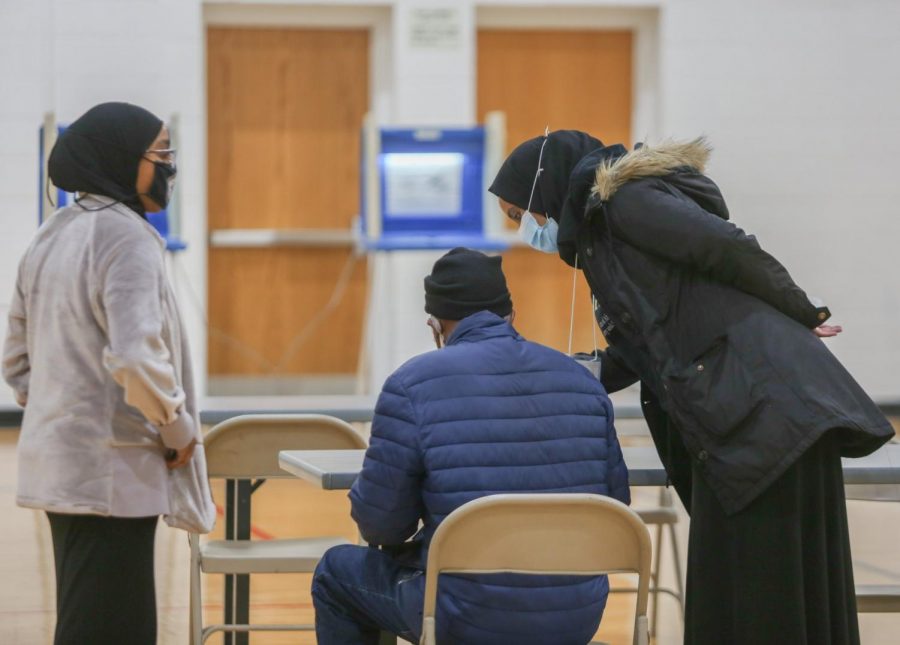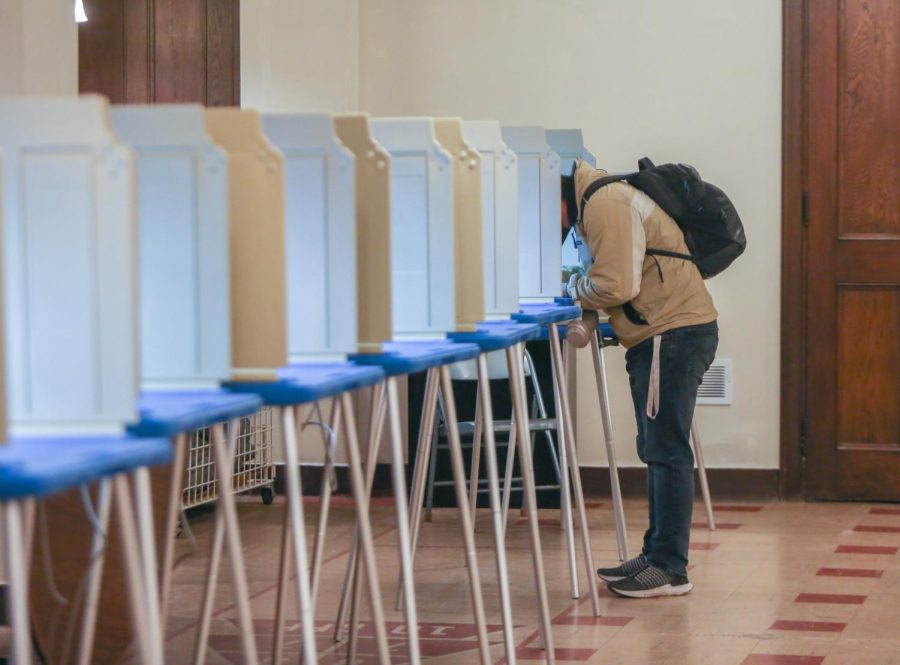When voters go to the polls, they will be able to cast their ballots to elect two members onto the Board of Estimate and Taxation. This board is often overlooked by voters, so what is the role of the board in the city?
The board sets the maximum levy, or maximum amount that can be spent by City Council within a year. The mayor proposes the city budget in the summer and can ask for the levy to be set at a certain amount.
This past summer, Mayor Jacob Frey asked for the levy to be increased by 5.45% and the board complied. In recent years, the levy has been set at whatever the mayor requested.
The Board of Estimate and Taxation has six members: two elected members, a City Council representative, the Council president, a Parks and Recreation representative and the mayor.
In the upcoming election, voters can cast a ballot for the two elected members, who do not hold any other positions of public office.
Steve Fletcher is the City Council representative who represents Ward three. Fletcher said if the Council wants to add programs or additional services to the levy after it has been set, they will have to cut something else from their budget.
“If you have a Board of Estimate and Taxation that wants to see the city investing in more programming, they might set [the levy] higher, so that the Council has more flexibility to raise taxes, if needed, in order to fund programs,” Fletcher said.
The funding for the levy is comprised of different funding pools such as government aid, sales tax and property tax. Pine Salica is one of the candidates running for a position on the board. They said they want to bring back the public housing levy that Minneapolis had in the 90s.
“What the public housing levy would do is it would be a specific broken out line item on property tax bills through the city,” Salica said. “That would make sure that that money is set aside just for public housing.”
Steve Brandt is also running for a seat on the board and said he wants to get tax relief for rental properties. Brandt was a reporter for the Star Tribune and served on the city’s capital budgeting advisory committee.
“Right now, rental property is taxed at a 25% higher rate than homes like mine where I’m the homeowner,” Brandt said. “That seems to me a fundamental unfairness. Because many people rent because they have limited incomes … I think that to penalize them for being renters is unfair.”






